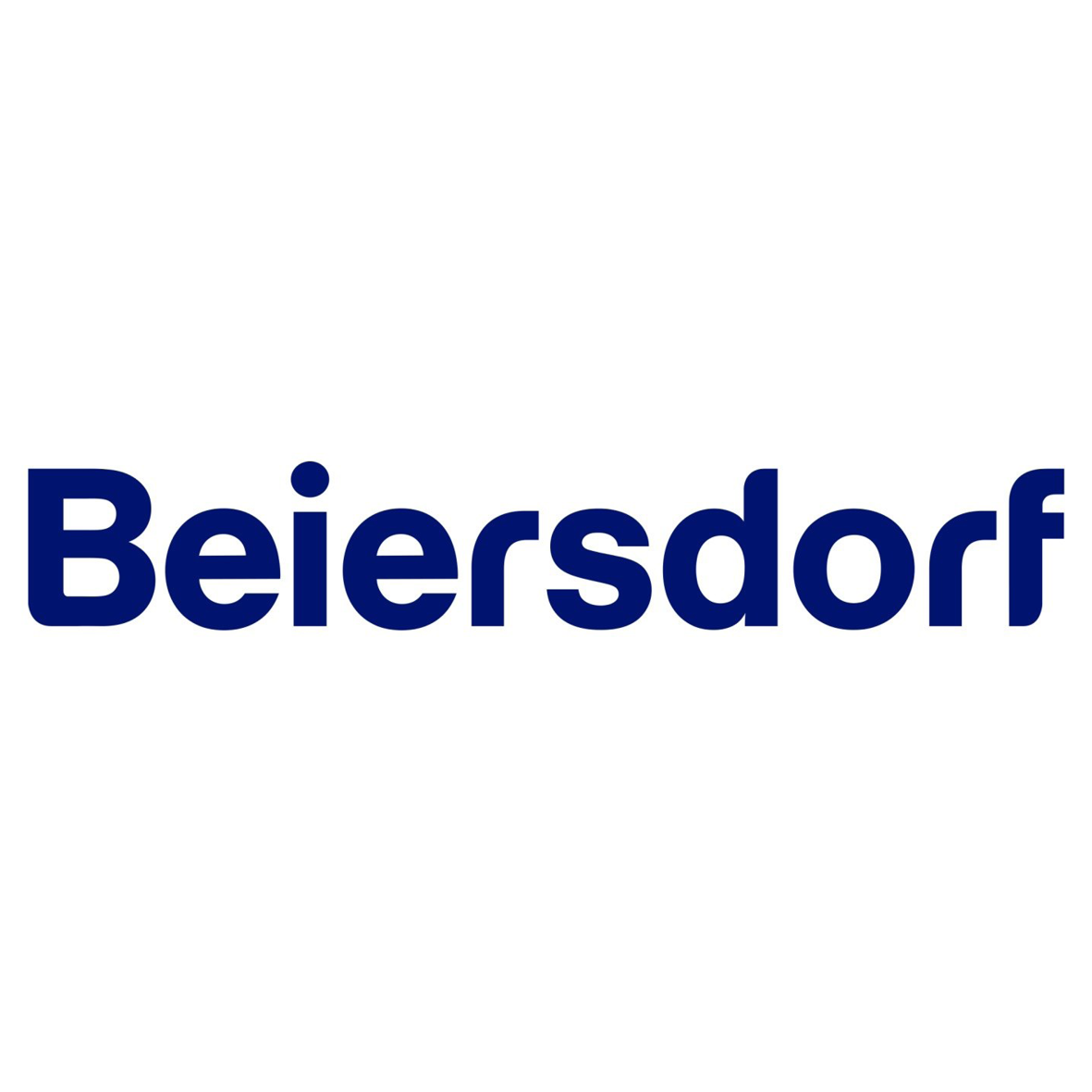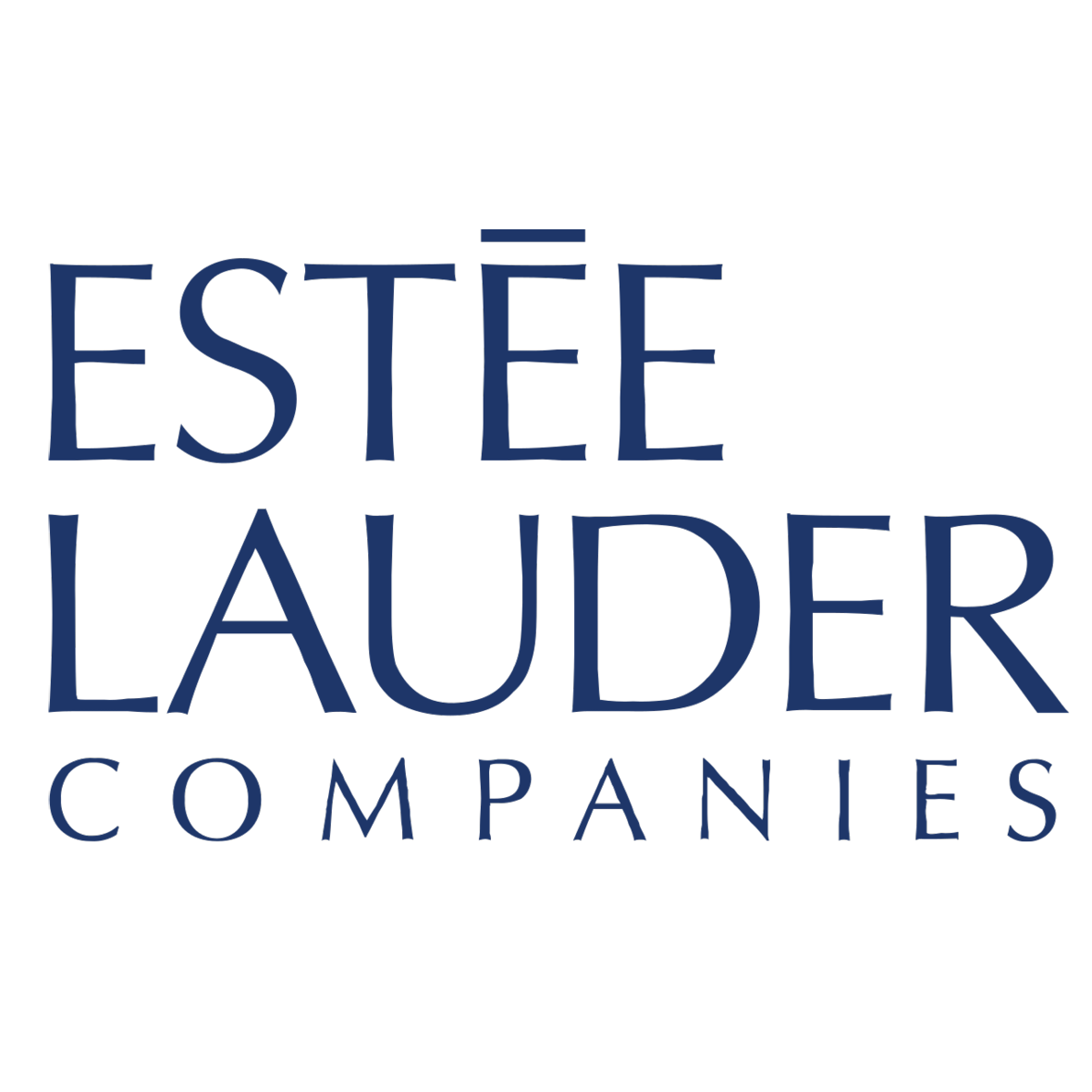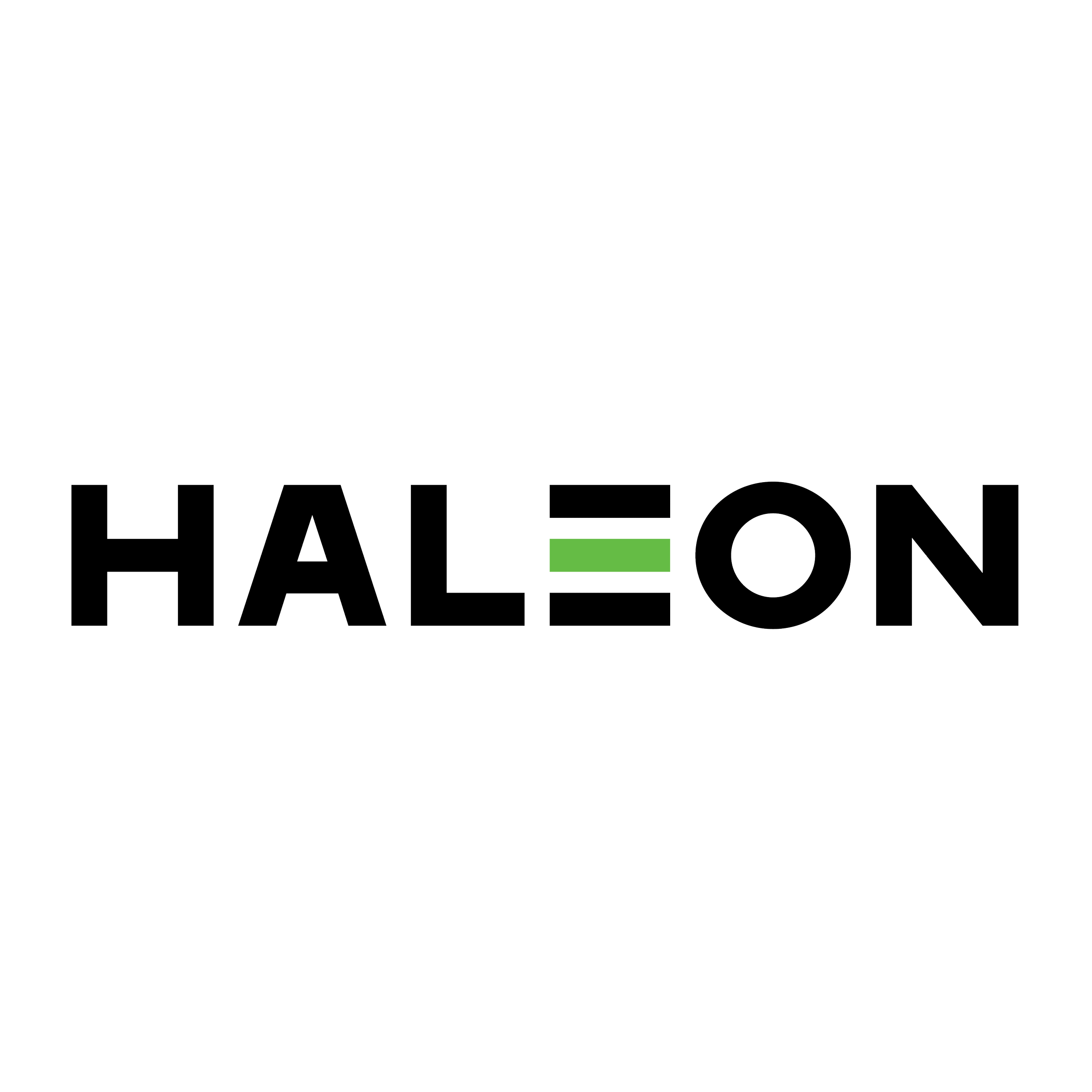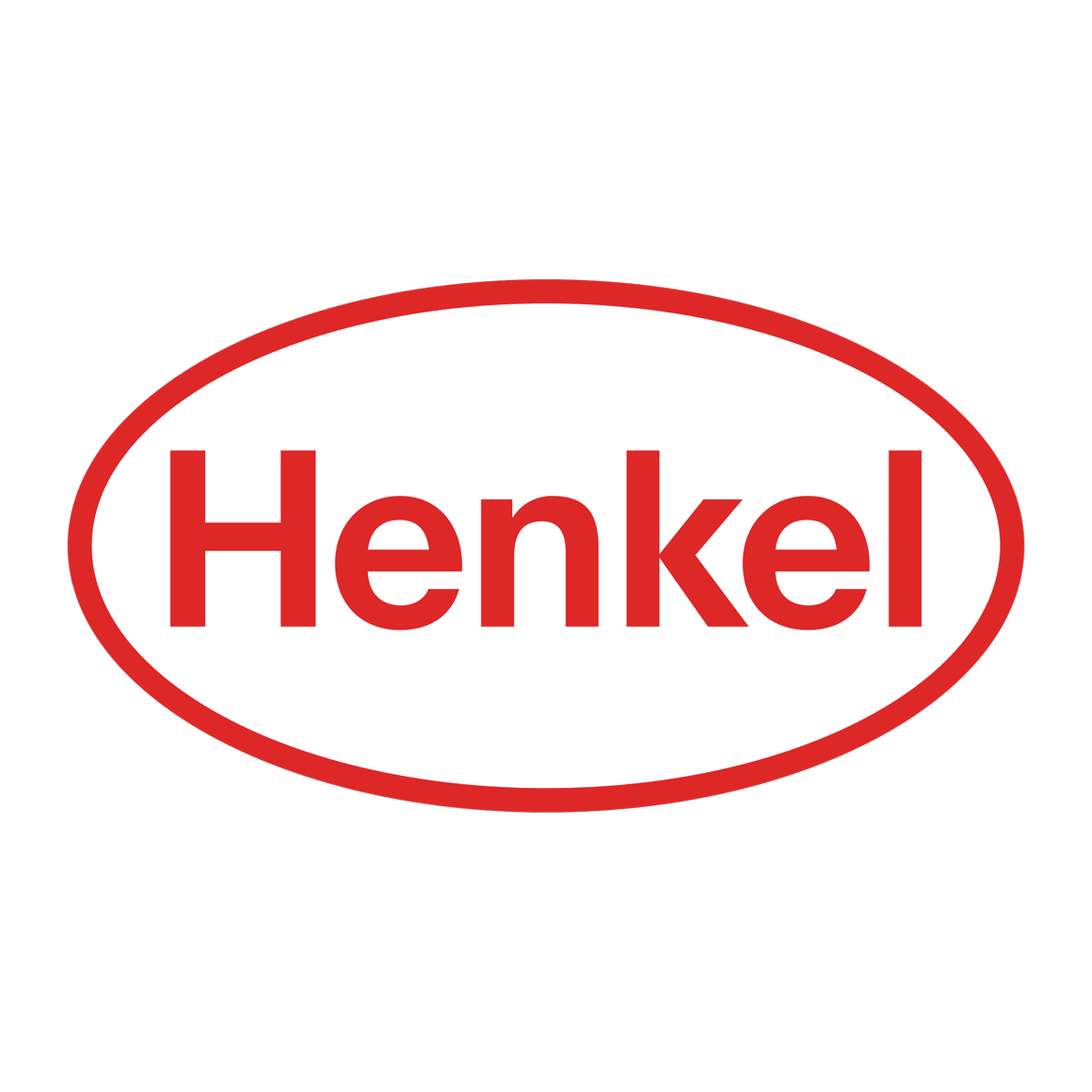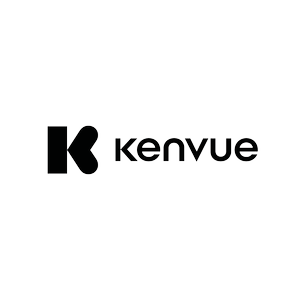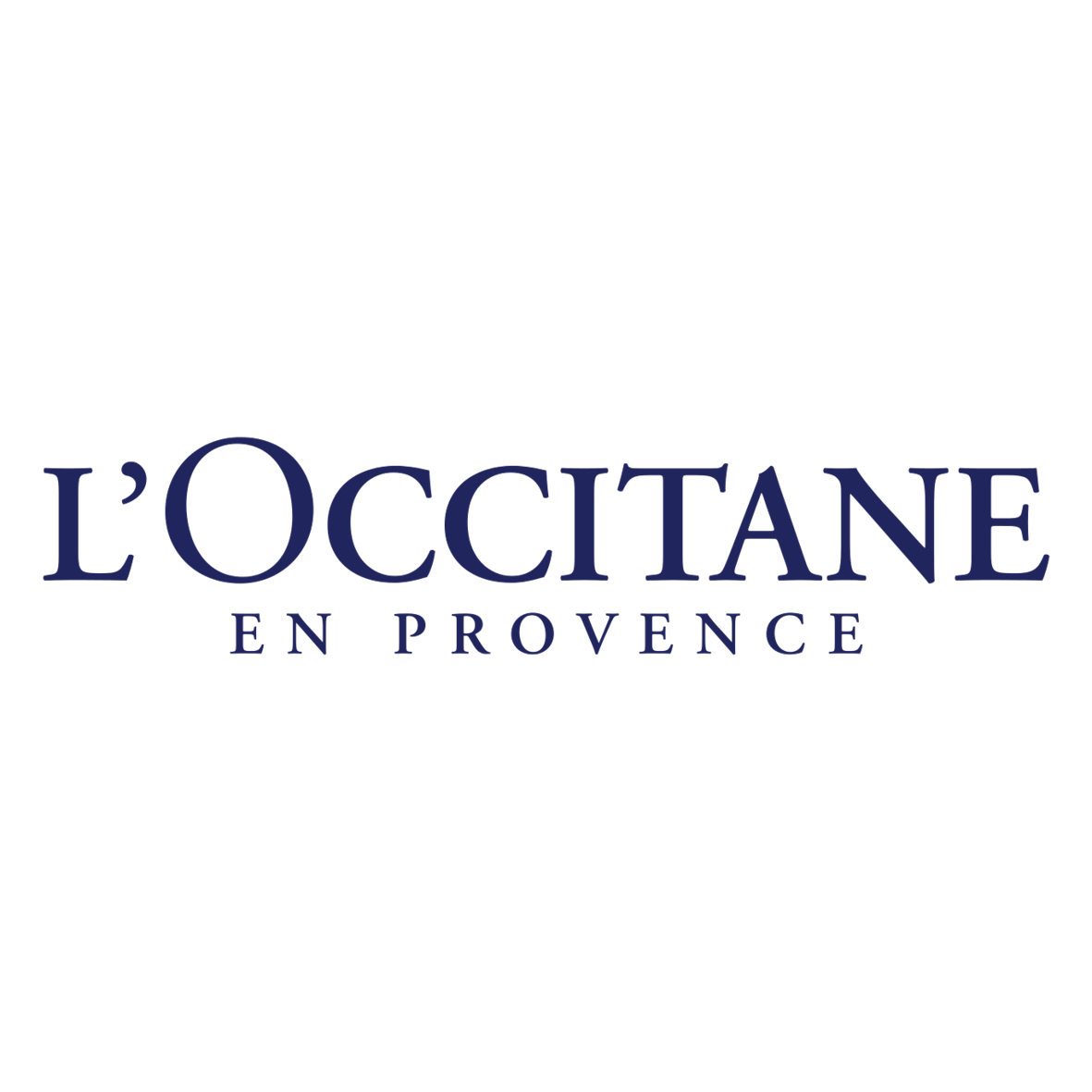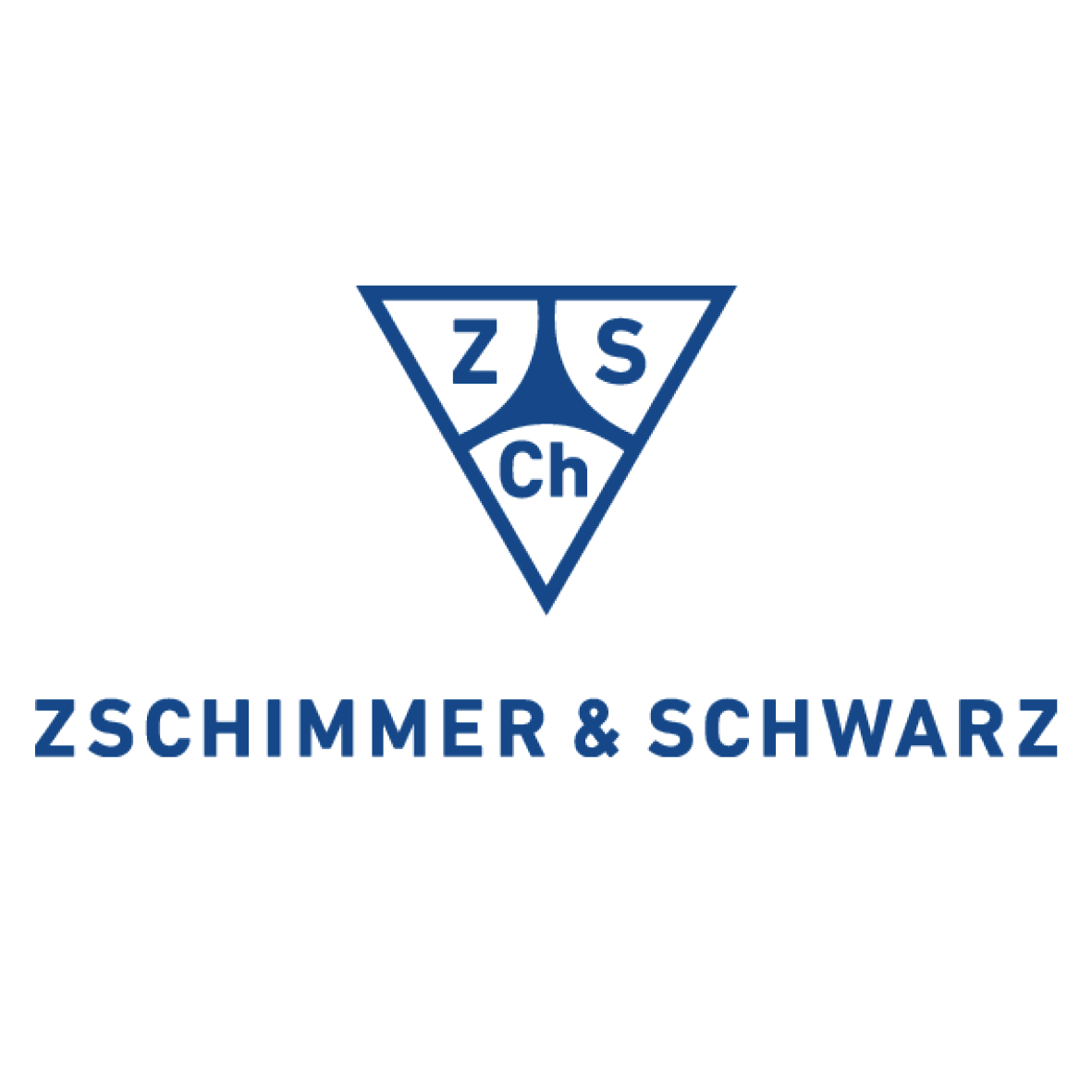The Sustainable Palm Index
What is the Sustainable Palm Index?
The Sustainable Palm Index (SPI) is an evaluation scorecard for ASD members to evaluate their direct and indirect suppliers of palm derivatives.
Developed by L’Oréal and Transitions back in 2016, the tool is designed to assess suppliers’ progress and areas of improvement in terms of supply chain knowledge, sustainable sourcing practices, and compliance with No Deforestation, No Peat, No Exploitation (NDPE) principles. Since 2019, the SPI has been more widely used within ASD by its members. Available on an annual roll-out basis, the SPI aims to encourage higher involvement and improvement on these commitments and initiate dialogue between suppliers and clients.
Current users of the SPI include:
How it works
Beyond an evaluation tool, the SPI aims to support suppliers journey towards sustainability by creating an on-going exchange. The SPI assessment is completed in 4 steps:
1. QUESTIONNAIRE
Suppliers complete the SPI questionnaire
The SPI questionnaire with requested means of proof sent to Transitions
2. REVIEW
Transitions reviews the SPI questionnaires
Suppliers evaluated out of 100
Preliminary score and feedback communicated to suppliers
3. UPDATE
Suppliers provide additional information
Preliminary feedback reviewed
SPI questionnaire updated and sent back to Transitions
4. FINAL SCORE
Transitions reviews additional information
Final feedback and score communicated to suppliers
ASD members receive a report with the details of the scores obtained by their suppliers, analysis elements and useful recommendations
This evaluation can be conducted on an annual basis or at another cadence designated by each ASD member, based on their needs.
The SPI questionnaire is organized into 11 sections that reflect the major stakes related to the palm oil supply chain:
Deforestation and conversion
Human rights
Climate change
Biodiversity
Water
Time-bound implementation plan and governance
Traceability and transparency
Supplier evaluation and engagement
Grievances management
Certification
Landscape actions
For each section, Transitions assess the supplier's level of commitment, the robustness of its processes and its achievements.
Suppliers are evaluated out of 100 based on the sum of points allocated to each of the three categories: Commitments, Processes, Achievements and on the global score. According to their score, suppliers are classified based on letters: A, B, C, D, per the scoring system below:
*If one of the thresholds is not reached for the Commitments / Processes / Achievements question type, we assign the supplier to the lower category.
The SPI can aid business decisions
A supplier’s SPI ranking, as well as its level of progress in year-over-year SPI campaigns, can influence procurement decisions of ASD members.
On the basis of the SPI results and discussions with their suppliers, ASD members can choose, among other things, to increase or limit market access, modify contractual conditions, improve the allocation of contracts according to volumes or product ranges, and encourage the development of partnerships.
The SPI is a tool with multiple uses for ASD Members:
1. Create powerful dialogue
Strengthen customer/supplier dialogue on sustainability to achieve sustainable palm derivatives supply chains.
2. Engage the supply chain
Support suppliers towards progress by identifying positive results and areas for improvement.
3. Support business decisions
Align business decisions with supplier’s commitments and practices, strengthen existing relationships, and develop new paths of collaboration.
SPI campaigns run since 2019
ASD members currently using the SPI tool
suppliers now evaluated as part of the ASD initiative
of suppliers scored in the top A and B assessment categories, showing growth in maturity
Key benefits of the SPI
● Updated every year
Market evolutions, stakeholder expectations, the level of progress achieved by suppliers, etc.
● Tailored to each palm actor
The tool’s questionnaires and weighting systems are adapted to all levels of integration in the chain, including integrated players, oil and derivatives, derivatives, and distributors.
● Third party evaluation
Transitions conducts the evaluation and guarantees data confidentiality to all suppliers.
Get in touch
If you’re interested in finding out more about how the SPI can help your organization, contact us today by emailing:


